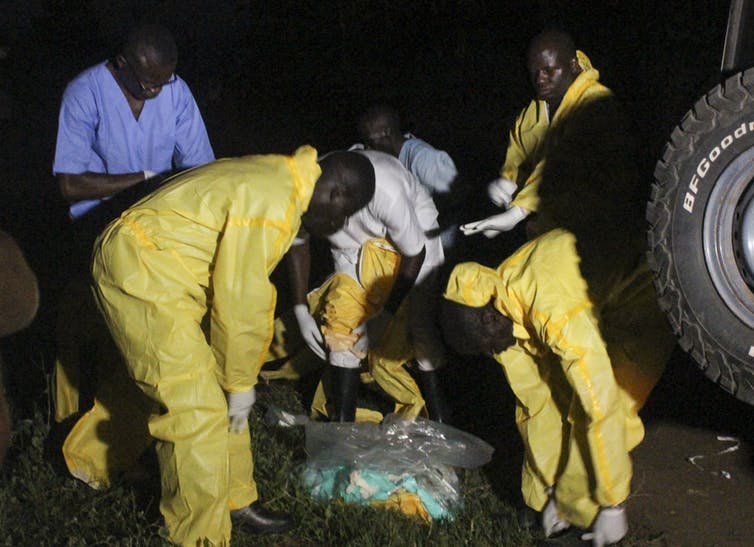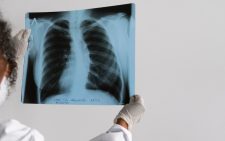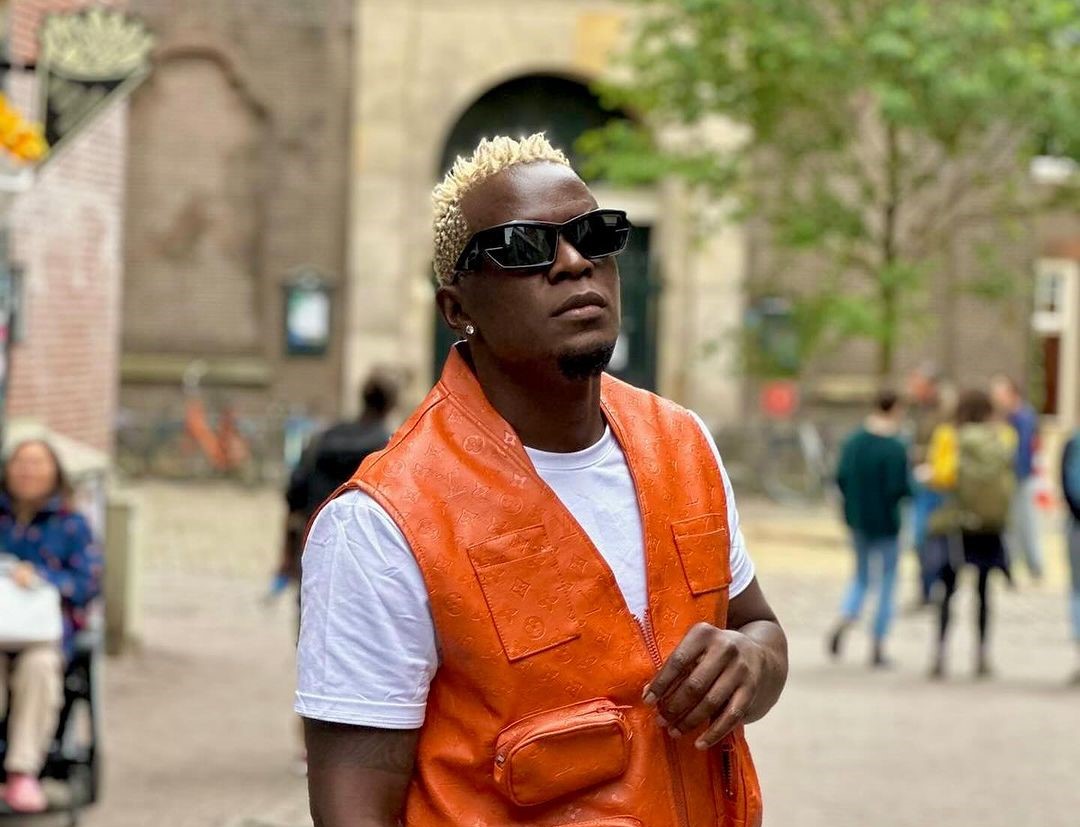Congo Ebola outbreak declared global health emergency

The World Health Organization has declared the Ebola crisis in the Democratic Republic of Congo a “public health emergency of international concern”.
The move may encourage wealthy donor countries to provide more cash.
But the WHO stopped short of saying borders should be closed, saying the risk of the disease spreading outside the region was not high.
The outbreak in DR Congo has killed more than 1,600 people.
GOMA CASE
This week, the first case was detected in Goma, home to more than a million.
The PHEIC emergency provision is the highest level of alarm the WHO can sound and has only been used four times previously.
This includes the Ebola epidemic that devastated parts of West Africa from 2014 to 2016, and killed more than 11,000 people.
“It is time for the world to take notice,” WHO chief Tedros Adhanom Ghebreyesus told a news conference in Geneva on Wednesday at which the emergency was declared.
MOVE WELCOMED
He said he accepted recommendations there should be no restrictions on travel or trade, and no entry screening of passengers at ports or airports outside the immediate region.
The International Federation of Red Cross and Red Crescent Societies welcomed the move.
“While it does not change the reality on the ground for victims or partners engaged in the response, we hope it will bring the international attention that this crisis deserves,” it said in a statement.
DR CONGO
The outbreak, the second largest in history, started in August 2018 and is affecting two provinces in DR Congo – North Kivu and Ituri.
More than 2,500 people have been infected and two-thirds of them have died.
It took 224 days for the number of cases to reach 1,000, but just a further 71 days to reach 2,000.
About 12 new cases are being reported every day.
EBOLA VACCINE
There is an Ebola vaccine which is 99% effective and more than 161,000 people have been given it.
However, everybody is not vaccinated – only those who come into direct contact with an Ebola patient, and people who come into contact with them.
The vaccine was developed during the epidemic in West Africa and has been available throughout the latest outbreak.
Why hasn’t the outbreak been brought under control?
Tackling the disease has been complicated by conflict in the region.
Since January, there have been 198 attacks against healthcare workers or Ebola treatment facilities leading to seven deaths and 58 injuries.
Another major problem has been distrust of healthcare workers leading to about a third of deaths being in the community rather than at a specialist Ebola treatment centre.
It means those people are not seeking treatment and risk spreading the disease to neighbours and relatives.
















